About EJ/CJ – The Environmental & Climate Justice Studies Digital Hub
OUR MISSION
The EJ/CJ Digital Hub is designed to focus the work of our Orfalea Center research hub into a useful tool for anyone seeking to better understand and participate in the production of knowledge that promotes the achievement of environmental and climate justice.
We aim to provide a platform for justice-oriented work here at USCB that reaches across the University of California system to the changing world that constitutes our various research objects.
Think of this site as an experimental laboratory for knowledge projects and knowledge networks that share our desire to counteract the spectacular forces of environmental destruction and climate chaos gathering everywhere, on every horizon.
We hope visitors will find something here that captures their attention and motivates them to reflect on their own work and how it might contribute to the EJ/CJ mission of producing knowledge, art, literature, films and human network connections that help secure a more livable future on an environmentally friendly planet.
There’s a lot more we could say … why not write and tell us your thoughts?


![01. EJ-CJ Logo (original) 256x256 [Research Page]](https://ejcj.orfaleacenter.ucsb.edu/wp-content/uploads/2017/03/01.-EJ-CJ-Logo-original-256x256-Research-Page.png)
![Liz Carlisle (ES @ UCSB) [400x400]](https://ejcj.orfaleacenter.ucsb.edu/wp-content/uploads/2020/01/Liz-Carlisle-ES-@-UCSB-400x400.jpg)
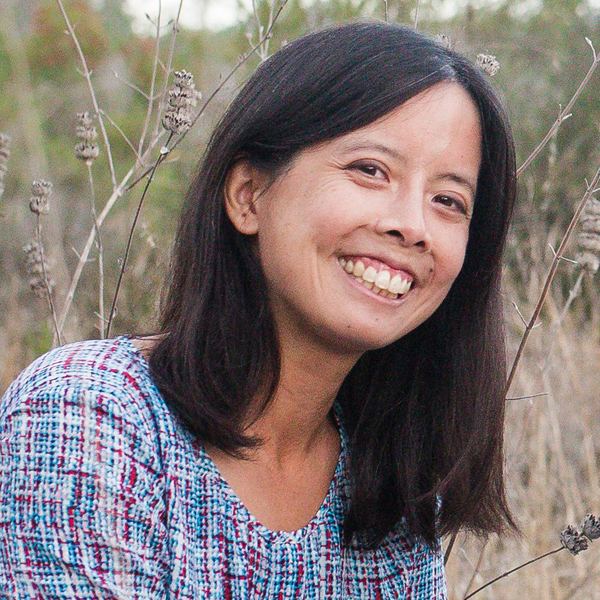
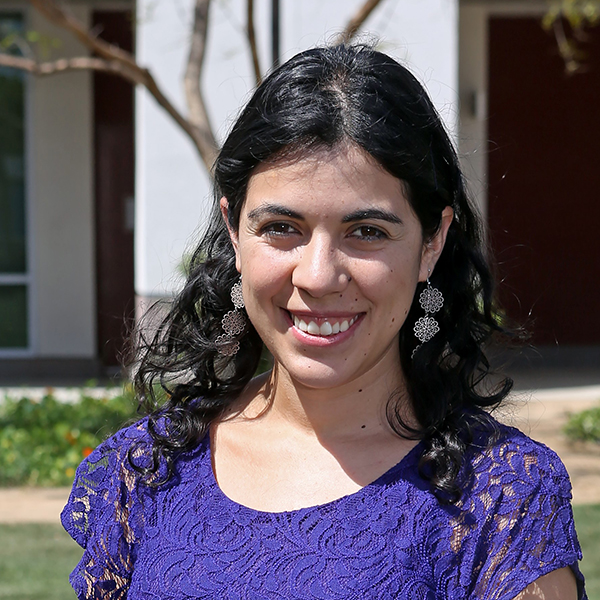
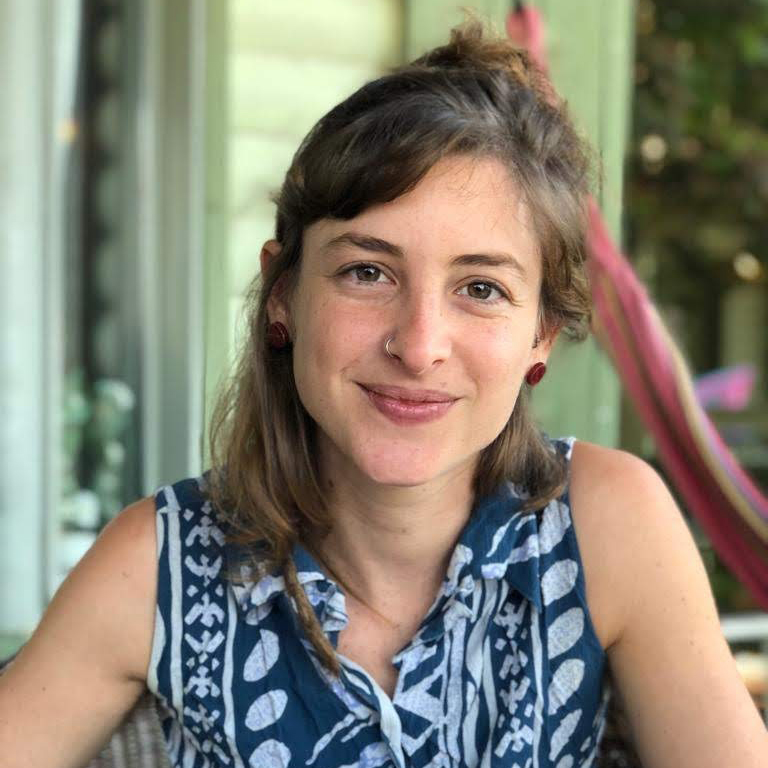
![Coyotecatl Contreras [600x600]](https://ejcj.orfaleacenter.ucsb.edu/wp-content/uploads/2020/08/Coyotecatl-Contreras-600x600.jpg)

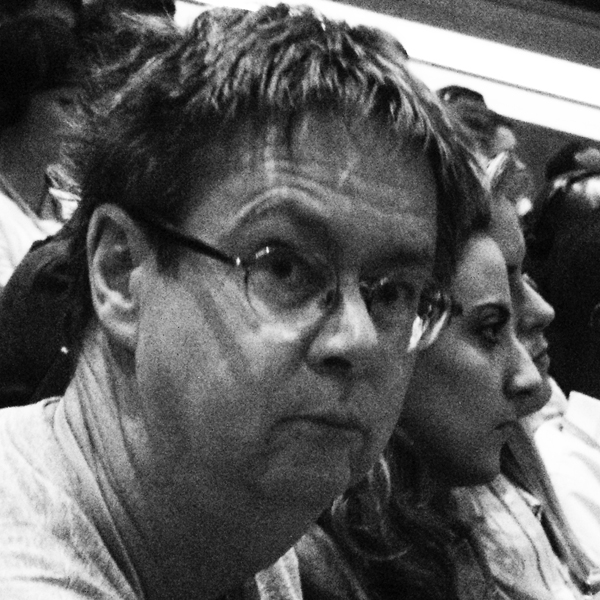


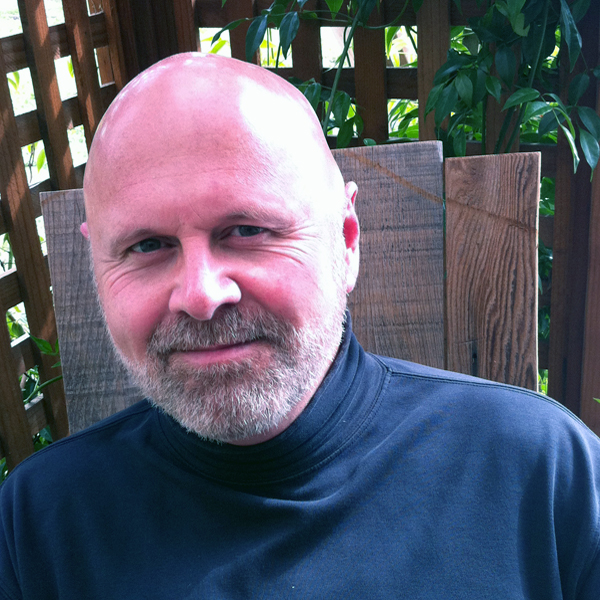



![Alexander Karvelas, Music Department, UC Santa Barbara [400x400]](https://ejcj.orfaleacenter.ucsb.edu/wp-content/uploads/2020/10/Alexander-Karvelas-Music-Department-UC-Santa-Barbara-400x400-1.jpg)
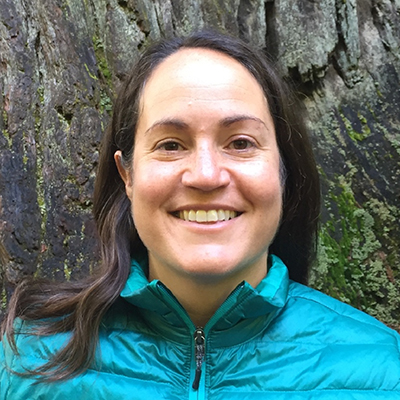
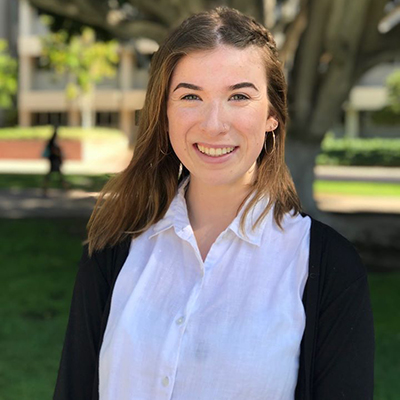
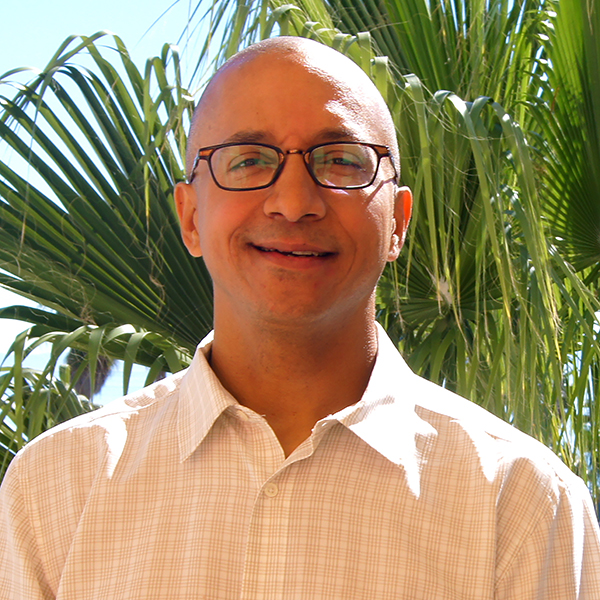
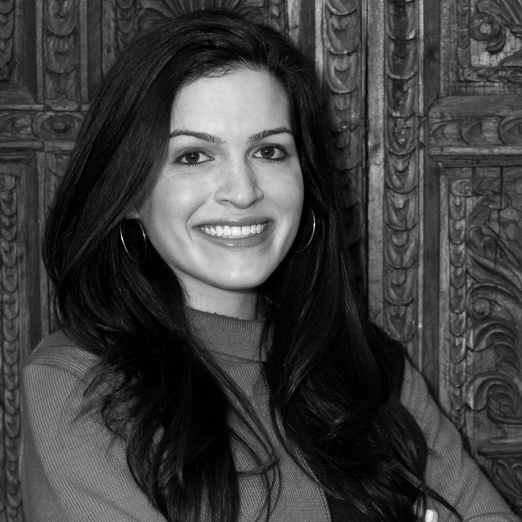

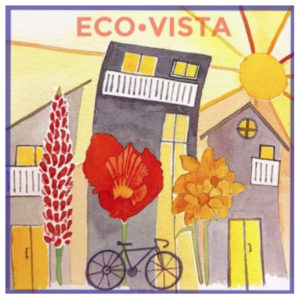

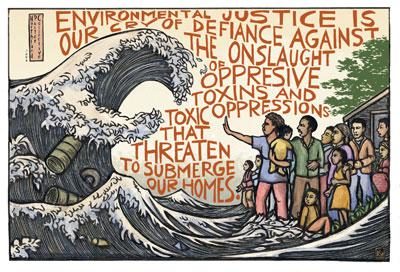

![UC-CSU NXTerra LOGO [B&W, upright]](https://ejcj.orfaleacenter.ucsb.edu/wp-content/uploads/2019/01/UC-CSU-NXTerra-LOGO-BW-upright.png)